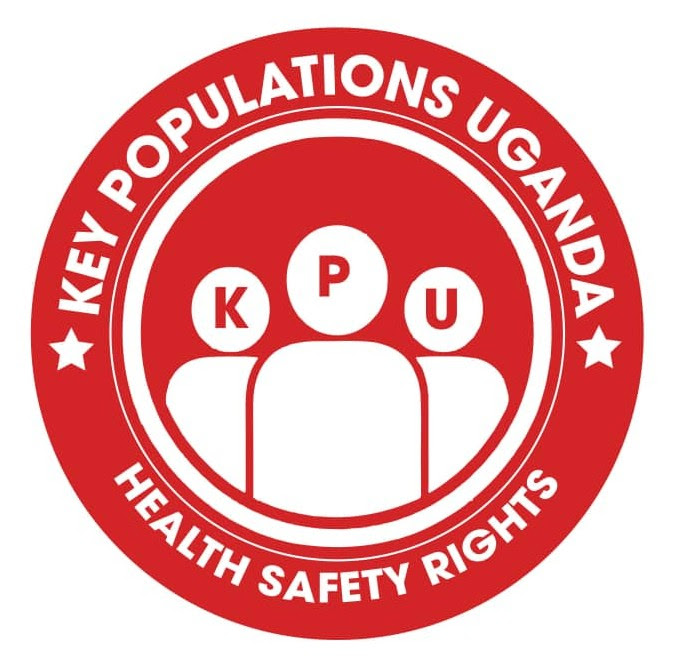UNAIDS and MPact are extremely concerned about reports that LGBTI people are being blamed and abused during the COVID-19 outbreak
UNAIDS and MPact call on governments and partners to protect, support and respect the human rights of LGBTI people during the response to COVID-19
GENEVA, 27 April 2020—UNAIDS and MPact Global Action for Gay Men’s Health and Rights are extremely concerned that lesbian, gay, bisexual, transgender and intersex (LGBTI) people are being singled out, blamed, abused, incarcerated and stigmatized as vectors of disease during the COVID-19 pandemic. UNAIDS and MPact are also deeply troubled that this discriminatory action is compounding the challenges that LGBTI people already face in accessing their rights, including safe and quality health services.
“HIV has taught us that violence, bullying and discrimination only serve to further marginalize the people most in need,” said Winnie Byanyima, Executive Director of UNAIDS. “All people, regardless of their sexual orientation, gender identity or gender expression, are entitled to the right to health, safety and security, without exception. Respect and dignity are needed now more than ever before.”
In Belize, reports have detailed abuse by the police of a gay man who was arrested, humiliated and beaten for breaking a curfew imposed to curb the spread of the coronavirus. The 25-year-old was living with HIV and is believed to have died as a result of complications sustained from injuries inflicted by the police.
“We are receiving reports that government and religious leaders in some countries are making false claims and releasing misinformation about COVID-19 that has incited violence and discrimination against LGBTI people,” said George Ayala, Executive Director of MPact. “Organizations and homes are being raided, LGBTI people are being beaten, and there has been an increase in arrests and threatened deportation of LGBTI asylum seekers.”
In Uganda, 20 LGBTI people were recently arrested in a raid on a shelter, which police authorities claimed was due to their disobeying social distancing procedures. In the Philippines, three LGBTI people were among a group who were publicly humiliated as punishment for breaking the curfew. After segments of the incident went viral online, the police captain was forced to apologize for singling out the LGBTI group members and asking them to dance and kiss each other.
“There is also growing concern over privacy and confidentiality in the way governments are using Internet-based technologies and smartphones to monitor people’s movements during lockdowns or curfews,” Mr Ayala added. “Gay men and gender non-conforming people are often the first targets and among the most impacted by increased policing and surveillance efforts.”
For some LGBTI people, self-isolation and physical distancing can be particularly challenging, even dangerous. Many LGBTI people face violence and/or ill-treatment while sheltering in homes with unaccepting family members. LGBTI people may also suffer from intimate partner violence while staying at home, without the ability to report cases of abuse to the police owing to fear of repercussions. Isolation can also exacerbate pre-existing mental health challenges, common among LGBTI people, including loneliness, depression, anxiety and suicidal ideation.
The COVID-19 pandemic leaves many gay men and transgender women without adequate tools for taking control of their sexual health and rights. Gay men account for nearly 20% of all new HIV infections and are 22 times more likely to become infected with HIV than other men. Transgender women shoulder a risk of acquiring HIV that is 12 times higher than the general population.
Stay at home orders, especially when implemented without flexibilities, compound the difficulties these groups already experience in accessing antiretroviral therapy and HIV prevention and gender-affirming services, including hormone therapies. This is especially true for LGBTI people who are poor, unemployed, homeless or marginally housed.
UNAIDS and MPact are urging countries to:
- Denounce misinformation that scapegoats, slanders or otherwise blames LGBTI people for the spread of COVID-19.
- Stop raids on LGBTI-led organizations, shelters and spaces and desist from arresting people based on their sexual orientation, gender identity or gender expression.
- Ensure that all measures to protect public health are proportionate, evidence-informed and respect human rights.
- Prevent the use of state surveillance on LGBTI people’s personal communication technologies.
- Invest in the COVID-19 response, while safeguarding funds and HIV/sexual health programmes that are inclusive and sensitive to the needs of LGBTI people.
- Safeguard continued access to life-saving medical support, including harm reduction, condoms and lubricant, preexposure prophylaxis, antiretroviral therapy, hormone replacement therapies and mental health services for LGBTI people.
- Provide flexible service delivery options, from multimonth dispensing to community delivery and virtual consultation and support options.
- Consider designating community-led service organizations as essential service providers so that they can provide flexible, safe delivery of key services.
- Include LGBTI people in national social protection schemes, including income support.
- Increase access to appropriate emergency and safe housing for homeless and recently evicted LGBTI people.
- Engage LGBTI people in public health planning and messaging around COVID-19.
- Implement safety monitoring and hacking mitigation during virtual meetings.
Now more than ever, we must stand together to protect and promote the health and human rights of LGBTI people worldwide. https://www.unaids.org/en/resources/presscentre/pressreleaseandstatementarchive/2020/april/20200427_lgbti-covid
